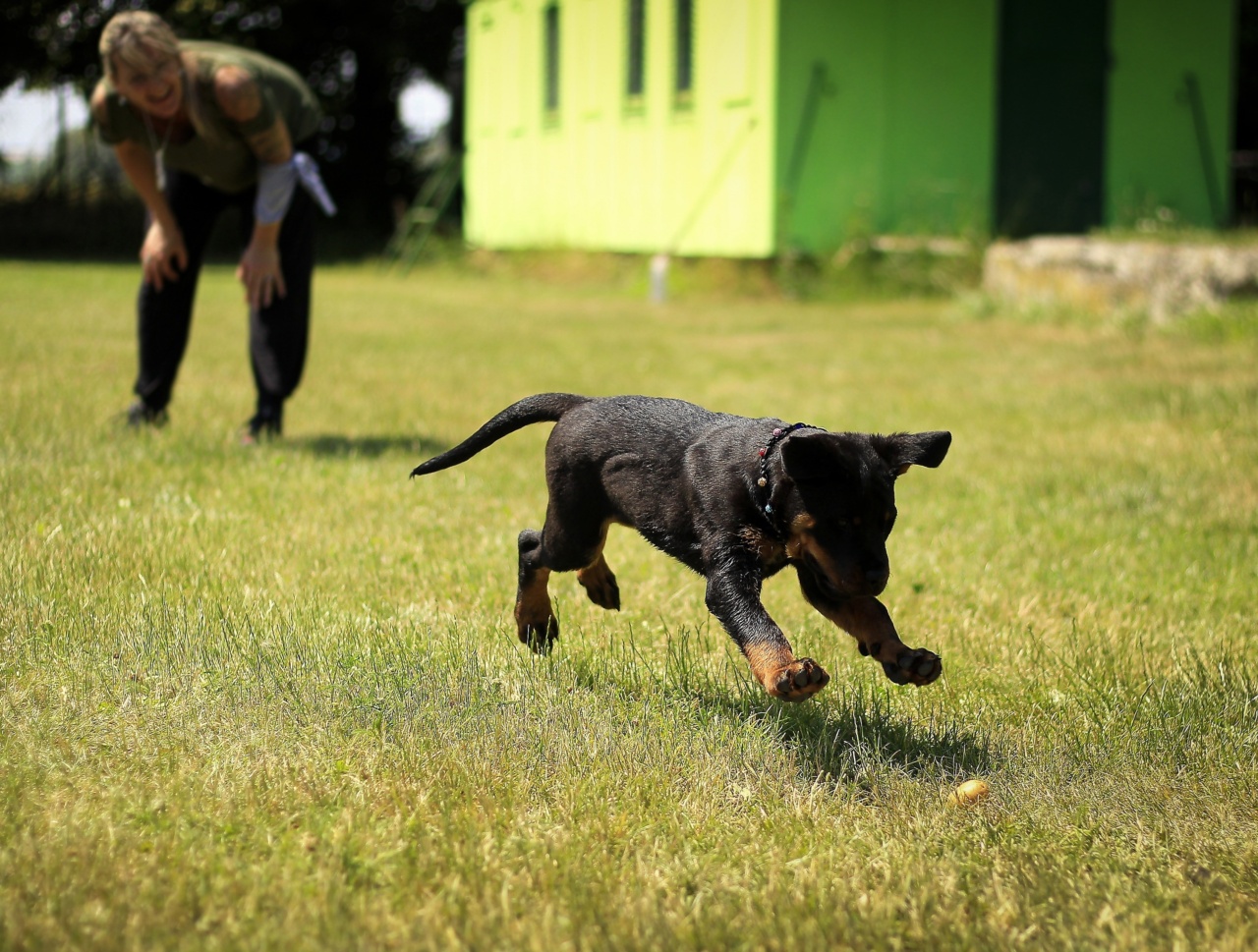Being a successful dog trainer requires more than just teaching dogs basic commands and tricks. It involves a deep understanding of animal behavior, excellent communication skills, and a willingness to be patient and persistent.
Here are the top 10 attributes that all successful dog trainers possess:.
1. Empathy
A successful dog trainer must be able to put themselves in their dog’s paws. They should be able to empathize with the animal, understand their needs, and help them feel safe and comfortable.
This requires a deep understanding of dog behavior and body language.
2. Patience
Dogs don’t always learn as quickly as we’d like them to. In fact, some dogs can take months to fully master a new command or trick. A successful dog trainer must have patience and be willing to work with a dog until they’ve mastered a skill.
3. Consistency
Consistency is key when it comes to dog training. A successful dog trainer must ensure that the dog is receiving consistent and clear communication from their owner and trainer. This means using the same command for the same behavior every time.
4. Flexibility
Every dog is unique, and what works for one may not work for another. A successful dog trainer must be flexible and willing to adapt their training methods to each dog’s individual needs and personality.
5. Positive Reinforcement
Positive reinforcement is the most effective way to train a dog. A successful dog trainer knows how to use rewards like treats, praise, and toys to reinforce good behavior and encourage their dog to continue to improve.
6. Communication Skills
A successful dog trainer must be able to communicate effectively with both the dog and the owner. They should be able to explain training methods clearly and give feedback that is easy to understand.
7. Time Management Skills
Dog training can be time-consuming, and a successful dog trainer must be able to manage their time effectively. They should be able to create a training schedule and stick to it, while also allowing for any necessary adjustments or changes.
8. Problem Solving Skills
Every dog comes with their own set of challenges and problem behaviors. A successful dog trainer must be able to think creatively and come up with solutions to help the dog overcome these issues.
9. Passion for Dogs
Passion for dogs is essential for a successful dog trainer. A trainer who loves dogs and is passionate about their work will be more effective at training and connecting with their furry clients.
10. Continuous Learning
A successful dog trainer never stops learning. Animal behavior is constantly evolving, and there are always new techniques and training methods to explore.
A successful dog trainer should be committed to continuous learning and personal and professional growth.



























